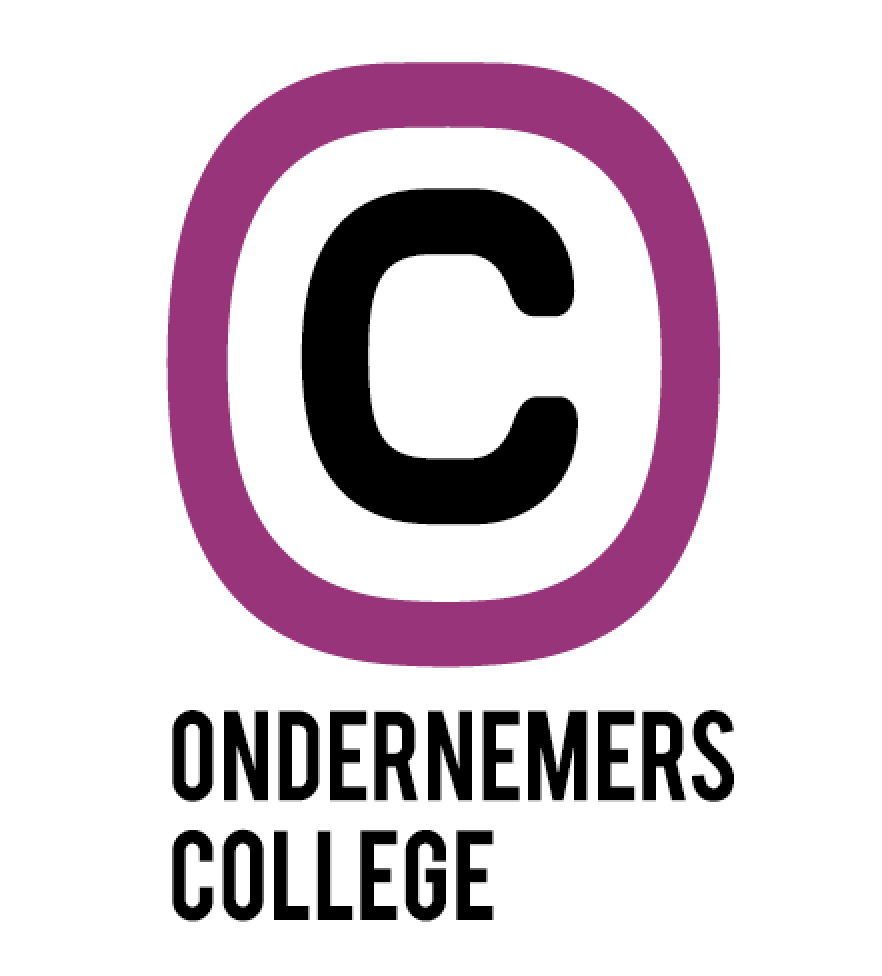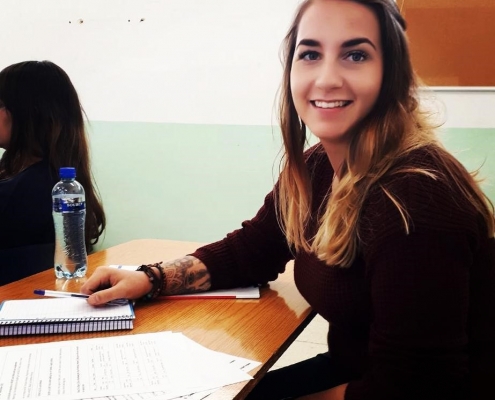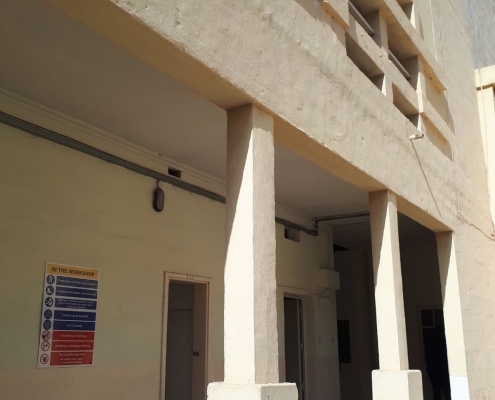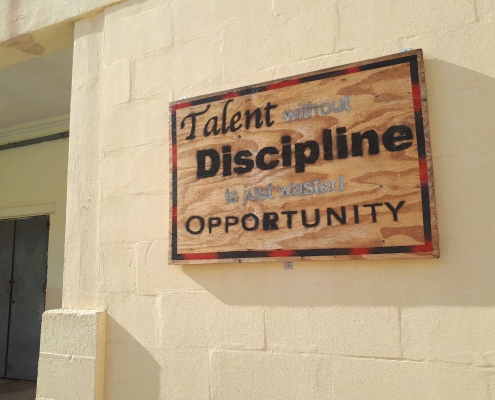STUDENTENBLOG: MALTA 2!
Alle studenten van het Friesland College kunnen via het Ondernemerscollege & Talencentrum twee weken lang naar Malta voor een uitwisseling. Als doel wordt gesteld het bewust worden en ontwikkelen van vaardigheden die bij “ondernemend gedrag” horen. Daarnaast vragen we de studenten een blog bij te houden. Lees dus mee! Let wel, alles is in het Engels, want dat is ook een onderdeel van de opdracht @ Malta. Taalvaardigheden ontwikkelen door te doen!
Lisa
In the past 4 days I have attended a few different lectures. In this blog I will describe the things I learned here that stood out the most for me.
One of them was about disabilities. I have noticed there to be a huge difference between Malta and the Netherlands when it comes to this subject. I’ve learned that there is a bit of a taboo on disabilities on the island. I have seen very few disabled people on the island so far. When I asked about that, the lecturer told us that the reason for that is that disabled people are kept inside most of the time because people are ashamed. Both of being disabled and having disability in their family here. The people here are slowly breaking through the taboo though.
There is a bit more openness among the inhabitants about it, and they are getting better informed about different disabilities. But this is a relatively new development in Maltese society.
Malta is also Dealing with a big shortage in healthcare employees. At this time, many of healthcare employees on Malta are from foreign counties because of this. But even with the foreign workers the shortage is not completely filled. People with an education in healthcare are very much needed, and will be received with open arms here on the island!
I’ve also learned that ADHD is not as common here as it is in the Netherlands. This has two reasons. First is that people don’t know about it. There is no public knowledge of the disorder like there is back home. So people won’t go to a doctor as quickly to get the diagnosis. People here might just see their kids as hyperactive, instead of them heaving a disorder. The second reason is that there are two ways to get a diagnosis. Either through governmental healthcare, which can take up to two years to get through the waiting list. Or through a private clinic. But most Maltese people cannot afford that. So for most people, that is not an option. We complain a lot in the Netherlands about our healthcare system, but in on Malta they wish it was like ours.
Rixt
We have had three days of school at Mcast, in total 6 lectures which were all very interesting. We learned more about childeren with disabilities and about your true self. We followed the lectures with two difrent classes who were both studying to become special education teachers. Lika Lisa said, it soon became very clear that there is a shortage in social workers in Malta and there still lies a big taboo on people with a disability.
In the first lecture we were openly received and immediatlely involved. The first lecture was about self esteem and “when are you you?”. One of our last lectures was about suporting students with intellectual impairments and the relation with the goverment in this subject. It became clear that the technical improvements are very expensive in Malta, because they are not made here. So the Maltese come with cheap and simple solutions. We talked about height adjustable tables, its way too expensive to buy so instead they come with a hollow piece of wood with a shelf in it. The shelf is not in the middle but a little lower, so you can buy 4 of it and place it on the table-legs and you can adjust the height in two ways.
Overall the 3 days at Mcast were very eye opening and very interesting. It’s fun to compare Malta and the Netherlands. You really see the difference and the ways Malta can still grow in comparison with the Netherlands.
Hélène
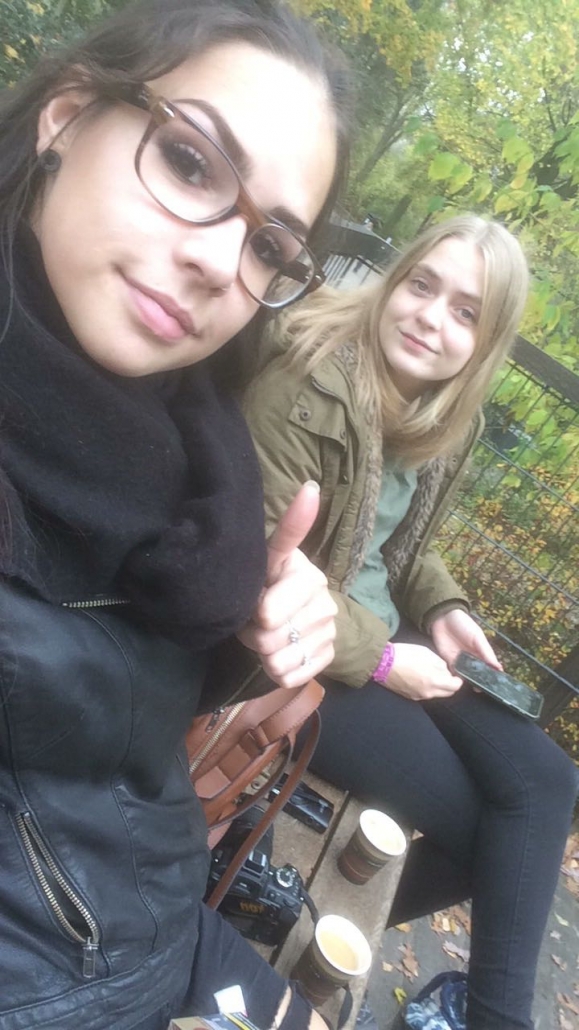
Hélène & Rixt
Hi guys,
The last couple of days have been very insightful, they have been a reminder of how lucky we are to live in The Netherlands. Because of the lectures we found out a lot about the healthcare and culture of Malta. You could say that the healthcare and also the way of thinking is quite outdated to us Dutch people. For instance, not until recently they still had the boys and girls attending different schools. Not only this, but there are still big tabboos about subjects like disability and sexuality. Luckily we could see a change among the young people.
Besides what we learned about Malta and its people, we also learned a bit about helping special needs children and what tools they use. Which is very useful for our study at home.
“What we learn with pleasure, We never forget.”
